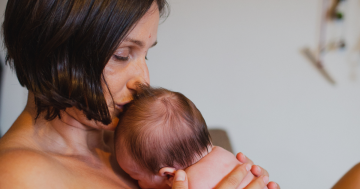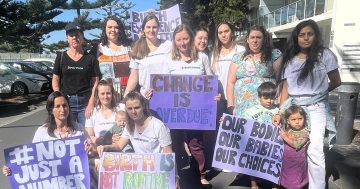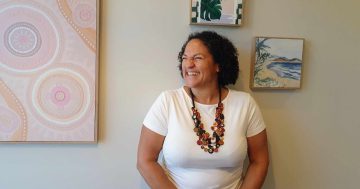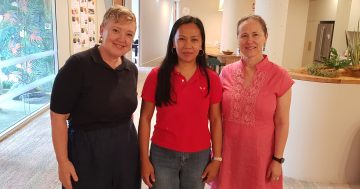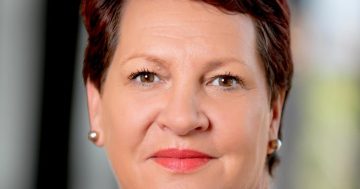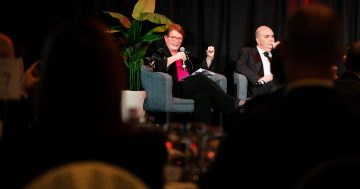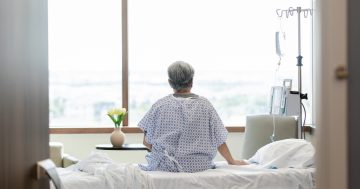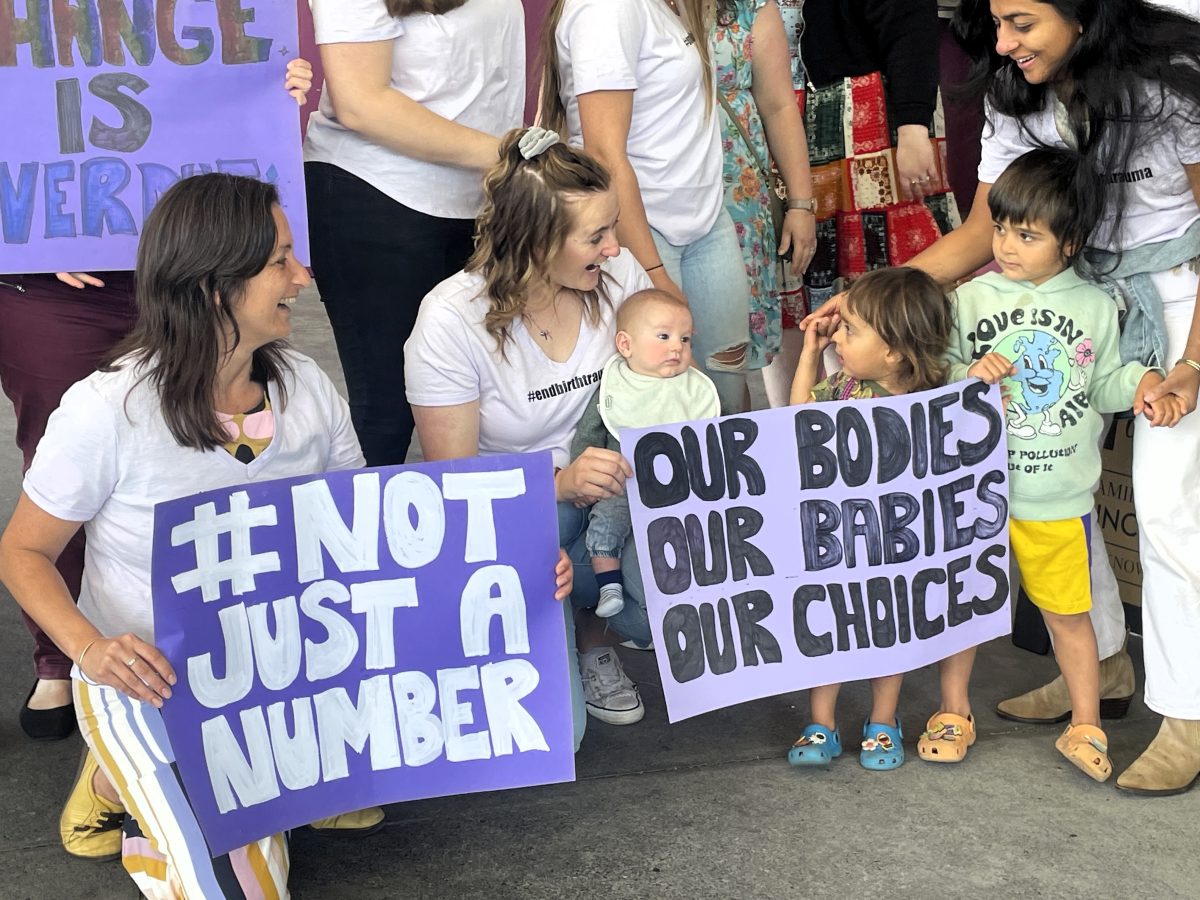
Local women are fighting for their right to a safe and positive birth experience in the Illawarra. Photos: Keeli Royle
Through cracked voices and tears, incredibly brave women fronted the NSW Select Committee on Birth Trauma to share their stories of pain and devastation in the hope of stopping future families from suffering the same fate.
Politicians from all parties sat in silence as the first speakers at the Illawarra hearing voiced their immense grief after giving birth to stillborn babies and told of the experiences surrounding the events that have left their families with trauma many years later.
Amanda Macaulay spoke about presenting to hospital three times with extreme pain during her second pregnancy, being sent home with pain relief and told everything was fine, before she was rushed back just 36 hours later with a devasting outcome.
“My son was stillborn, I almost lost my own life and needed to have a hysterectomy,” Amanda told the committee. “I felt broken, both physically and psychologically.”
After losing her son, she felt that she had no support from the system and no idea of where to go or what to do.
“No one expects to have a stillborn child and nobody knows what to do when they have a stillborn in hospital,” she said. “People don’t know what to say and you feel lost and alone.”
Amanda found out years later that the local health district had investigated the incident, which the family had no knowledge of and wasn’t included in.
She said being part of that investigation could have helped her better understand what had happened and offer a sense of clarity during a devastating time.
“I think just being involved in that process and being able to debrief and ask questions.”
Naomi Bowden is still struggling with the grief of losing her daughter Bella, 13 years on.
She has experienced ongoing trauma from the events following Bella’s death and the treatment from staff including being ushered “rudely” into a small room to see her lifeless child.
Naomi then lived every parent’s worst nightmare.
“Having to identify her body to the police and being forced to watch the police officer put her in a cold styrofoam food box and transfer her to the coroner.”
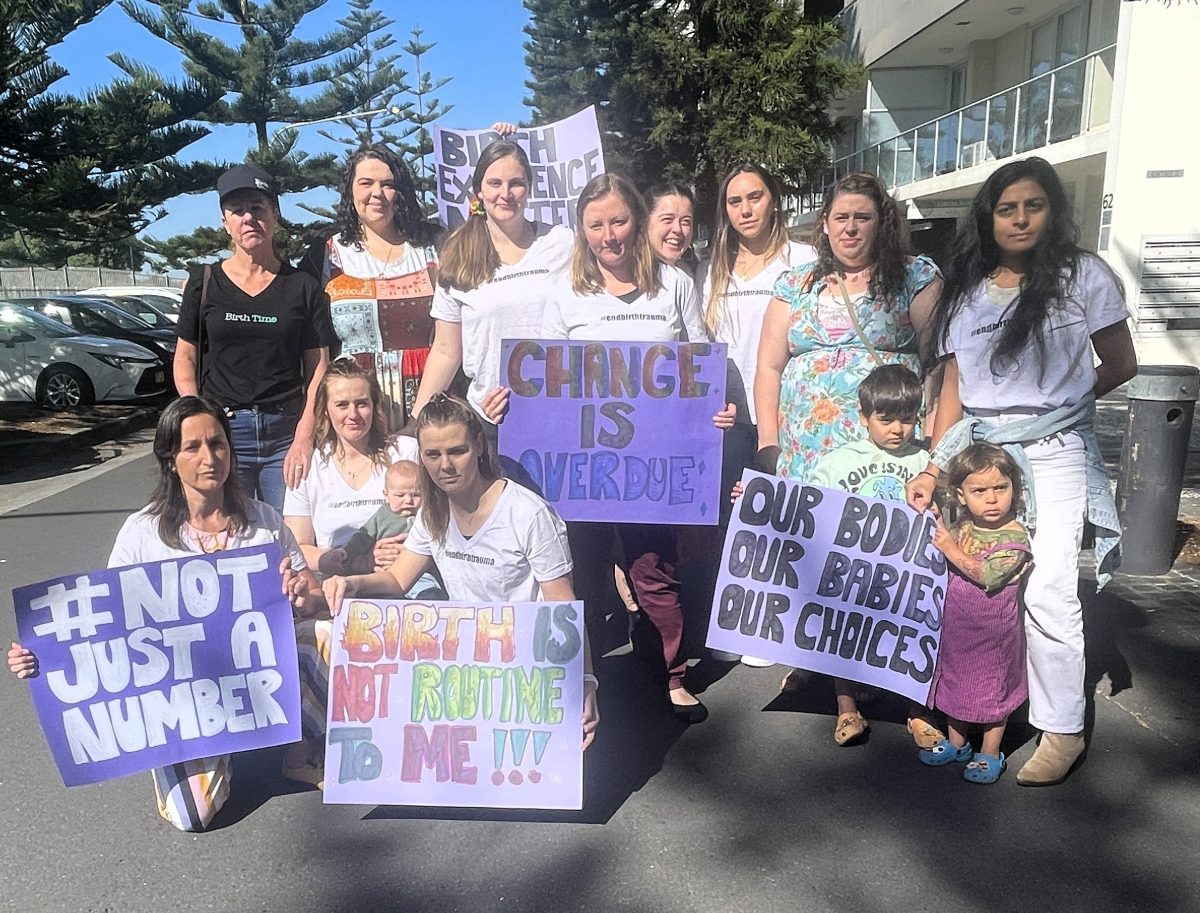
Better Births Illawarra have been advocating for more continuity of care within the region.
At her postpartum appointment, a lack of communication from hospital staff left her distressed and distraught.
“I was at the six-week check-up appointment with staff and being asked ‘Where’s your baby?’
Naomi was told that she “must have fallen through some cracks”.
“This has impacted my mental health and overall health to this day,” she said.
But for the one in three women who experience birth trauma, it’s not caused just by a devastating outcome and can still have lifelong impacts.
A lack of continuity of care was a repeated theme for people who had negative experiences.
Midwifery Group Practice (MGP), where the same midwife oversees pregnancy, birth and postnatal care, is known as the gold standard practice and Aimee Keating said having a trusted person throughout made a massive difference, even when her birth didn’t go to plan.
“My daughter was born unresponsive and she needed to be resuscitated,” Aimee said.
Aimee was separated from her daughter and husband for hours, but her midwife with whom she had formed a strong relationship with, helped be a hand to hold.
“My family aren’t here, they’re overseas and this helped me so much at a time that could have been extremely isolating,” Aimee said. “I truly believe this should be the standard of care that every woman is entitled to.”
But unfortunately many people miss out on a spot in Midwifery Group Practice.
Jessica Holliday was determined to be ineligible for the program due to her BMI.
“It felt like my life was reduced to a number on a scale,” Jessica said. “I was shamed for any weight gain even though I was growing a baby.”
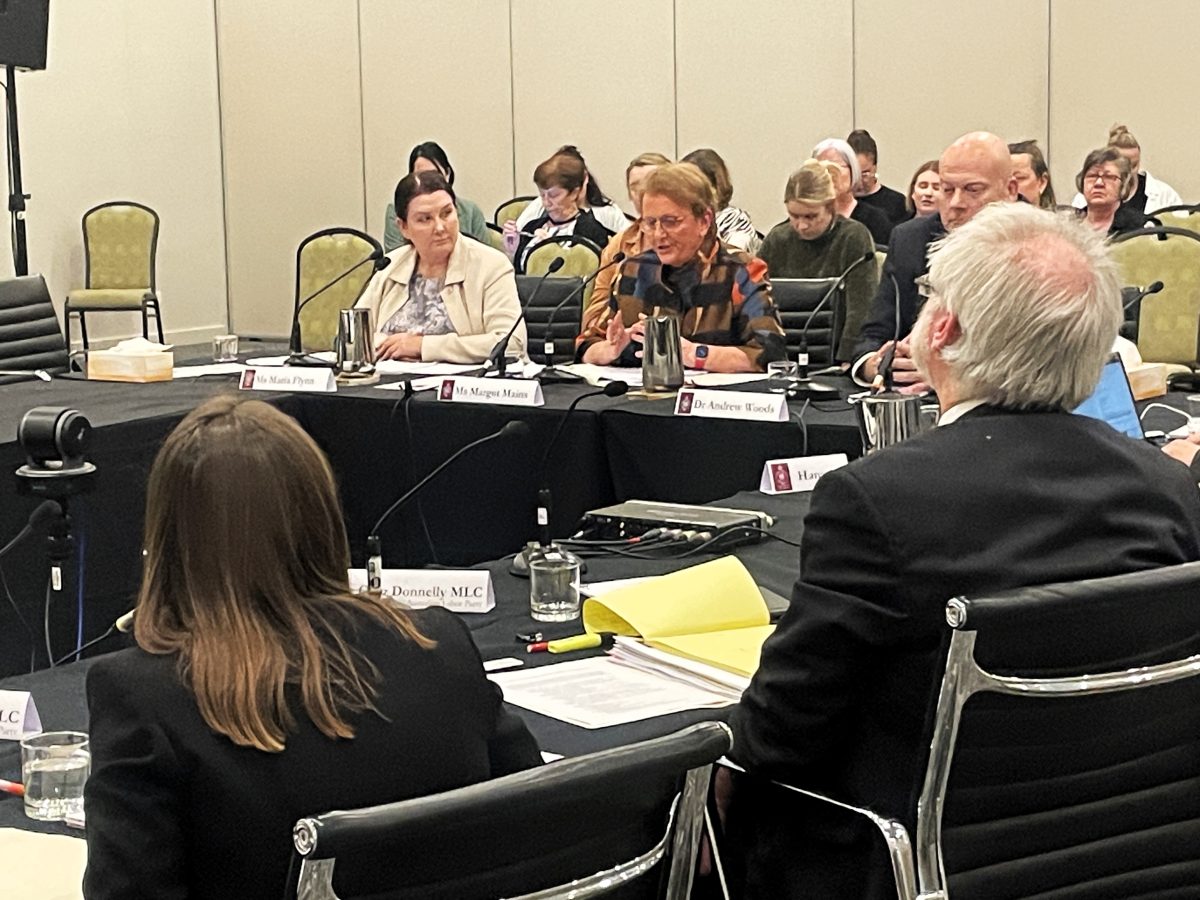
ISLHD Chief Executive Margot Mains speaking at the hearing into birth trauma at Wollongong.
She said she also experienced a revolving door of obstetricians who told her confusing and conflicting information, but despite her doubts, she was told to trust the system.
“I was discouraged from seeking knowledge on childbirth on my own,” she told the committee.
After seeing the Birth Time documentary and realising that she was not alone in this experience, she decided to make a change when she was 30 weeks pregnant.
“I really wanted to just trust my gut and I didn’t see another option,” Jessica told Region. “I could not see myself birthing in that hospital.”
She said that Better Births Illawarra supported her in finding the best course of action.
“They put me in touch with people that could help me, they’re part of the reason I could change my care because they helped give me all the options and then said why don’t we help you find a private midwife.”
Through a private midwife and being better informed, Jessica said she was able to have the home birth she had dreamed of.
“I just think it was the most fulfilling experience I ever had and I think it’s sad that people have not got to experience that.”
Better Births Illawarra Vice President Sharon Settecasse told Region she was incredibly proud of the individuals who had the courage to share their experiences and bring these issues to light.
“We know through the messages that we’ve received around hard this has actually been,” she said. “It’s been hard to put pen to paper, it’s been hard to relive their experiences and the bravery of the women here, sitting in this really formal space with microphones, with politicians to share their lived experiences is really extraordinary.”
The hearing in Wollongong was a monumental step for acknowledging the issues within the system at a local level.
“This is the first time this has ever happened,” Sharon said. “We’re on a state stage and we’re listening for the first time in this inquiry to the stories of women.”
Illawarra Shoalhaven Chief Executive Margot Mains sat through the hours of stories and heard first-hand the ways that the system had failed locals.
“The stories I have read in submissions and those that have been shared in today’s hearing I personally find challenging and very difficult to hear,” Ms Mains said. “They have a profound impact on me as a chief executive but not only as a CEO, but as a mum, and about to be grandmother in two weeks time.”
She then said words that many had waited to hear.
“On behalf of the local health district, I sincerely apologise to any woman whose care did not meet their expectations.”
Ms Mains welcomed the inquiry to explore how maternity services can be improved to reduce birth trauma, and acknowledged the delays in local attempts to improve access to MGP.
“We need to do more to expand access to continuity of care models, we have been working on that and we acknowledge that this has taken longer than anticipated,” she said.
But while outcomes and recommendations of the inquiry will still take time, Ms Mains hoped that an expansion of Wollongong’s MGP program and the implementation of another in Shoalhaven could be mere months away.
“I would like to think that we would definitely do it if not by the end of the year by early next year.”
The next hearing in the birth trauma inquiry will be at Parliament House on 9 October.









